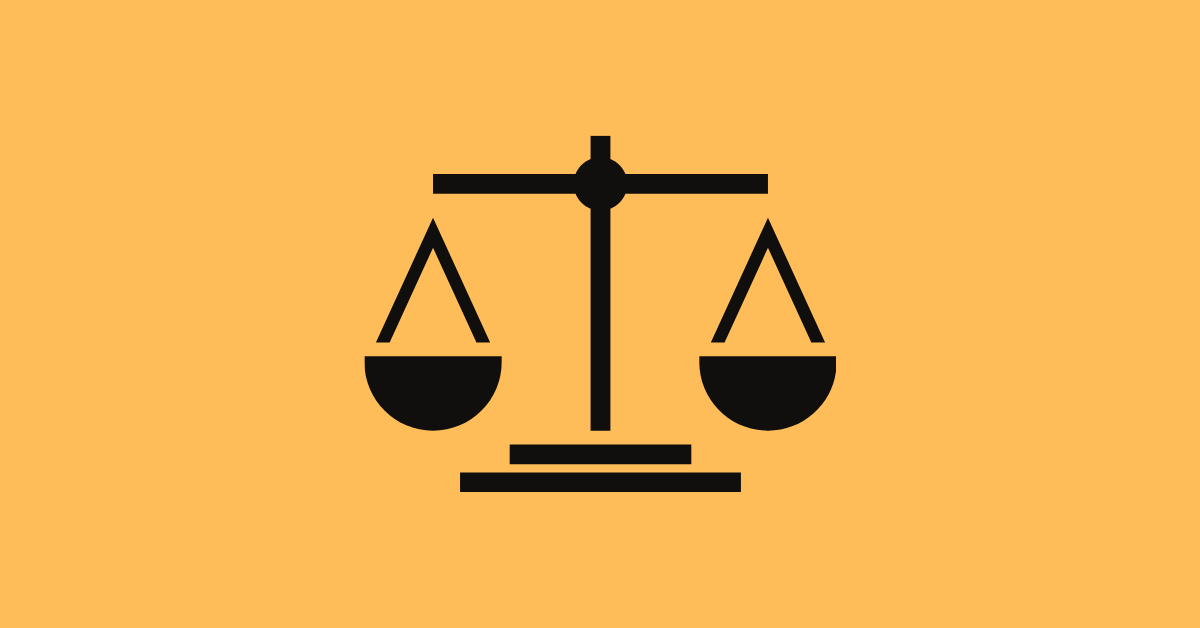
There are several options for finding an attorney. You can search for a lawyer on the State Bar of California site. To search for an attorney by specialty, click the icon on the Home page. To search for an attorney by specialty, you do not need to have the bar number or name. All results will be returned for the specific attorney. Listed below are some of the ways you can search for an attorney.
Refer a lawyer
If you need to hire a lawyer for a California state bar-required case, you can use a Lawyer Referral Service (LRS) to find the right one. The service is free and you only need to provide your name, address, and problem statement. An attorney will be contacted who is qualified in the type case you have. They will also take your name, address, and phone number, and match you with a lawyer in your area. Once you have found an attorney that you like, you can set up an appointment to meet with him or her by phone.
Lawyer referral services work differently from online directories. They use a database to list attorneys in many fields. A Lawyer Referral Service must follow the standards established by California's State Bar. BASF LRIS, for example, is a certified service by the State Bar of California that provides a list of qualified lawyers in San Francisco and Marin. The service is accessible Monday through Friday, between 8:30am and 5:30pm. Spanish can be spoken.

Disciplinary records
If you are an California attorney looking for information about disciplinary actions, the Disciplinary Records of California bar attorneys can be searched. All members of the legal profession are required to follow the state bar's rules. A violation can lead to an attorney being sued. These rules can be found in the Annual Discipline report of the State Bar.
While some documents pertaining to attorney discipline are available online, others can only be obtained by contacting the State Bar Executive Office. Public documents are $0.50 per sheet. Payment can either be made by money order, credit card or check. The information contained within disciplinary records for an attorney may not be available electronically prior to 2003, so it is essential to contact the state bar's Executive Office in order to obtain this information.
California State Bar website
California State Bar's website offers a search function that allows you to find an attorney's disciplinary records. This search function is an easy alternative to calling the state's licensing agency. The website will provide a list with disciplinary records for attorneys if you enter the name of an attorney and your bar number. Since February 2019, all open and closed cases have been digitally filed on The State Bar Website.
You can also search by geographic location or focus area to find attorneys. Searching by keyword is a good way to search for an attorney who specializes in immigration. The search results will show all Central District lawyers. A California criminal defense attorney can be searched for. A California State Bar website can also help you find the attorney you need for your case.

For attorneys: Disciplinary records
You can now request the disciplinary records for a California state bar lawyer online, even if you don't know it. This is because the State Bar Court has established a clear procedure for requesting these records. To request records, you must first make a written inquiry. The California State Bar Court fees $25 for the Certified Public Records of Discipline.
Within 125 calendar days of receiving the notice of charge, you must initiate disciplinary proceedings. In the event that no disciplinary action will be required, the court of the state bar may refer the case on to law enforcement authorities for further action. Although disciplinary proceedings can last for up to three years in most cases, it is possible to reduce the time limit in certain instances. If you are interested, contact the State Bar to inquire about disciplinary proceedings against a lawyer.
FAQ
How are lawyers paid?
Legal professionals are paid an hourly rate for the time that they spend on legal matters. Hourly rates can vary depending on the complexity of the matter or the level of experience of a lawyer.
Because they have gained expertise over many years, experienced lawyers are more likely to charge hourly fees.
A less experienced lawyer may bill lower hourly rates as he/she learns how to handle cases more efficiently.
Many lawyers receive additional compensation for handling specific types of cases in addition to their hourly rates. In some cases, lawyers representing criminal defense may be eligible for bonuses if their case is successful.
Can I become an attorney without going to law school
Yes, you can!
A degree from a non-lawyer institution is sufficient if you have a good understanding of the legal system and its workings. Learn how laws interact and what makes them unique.
You should know how to understand and interpret statutes, regulations or court decisions. Understanding the fundamental concepts of constitution, administrative, contract, property, criminal, civil procedure, evidence and torts, as well as intellectual property, employment, and bankruptcy law is essential.
Passing the bar exam is necessary to become a lawyer. The bar exam tests both your legal knowledge as well as your ability to apply law to real-life situations. It's a test of your general knowledge of the law and of your ability to analyze cases and write briefs.
The bar exam has two phases. One is the written section, and one is the oral section. The written portion consists of multiple choice question. Simulated trials are the oral part. Before you can take the bar exam, it is important to study for at least a few months.
In addition to passing the bar exam, you will need to obtain admission to the state where you wish to practice law. There are different admission requirements depending on which jurisdiction you live in. Please check with the State Bar Association for more details.
Which type of lawyer are you best at?
Legal professionals don't hesitate to ask clients what they need. To ensure that clients get the best representation, they will go above and beyond their duty.
Because they know that winning these cases will mean no business, they will be willing to accept cases other lawyers wouldn't take on.
A legal professional knows how to negotiate and use their skills to get the best deal for their client.
An individual who is dedicated and committed to providing outstanding service and quality results. Someone who has the ability to think outside the box and come up with solutions that others wouldn't consider.
Someone who is honest and ethical. A person who follows the rules and regulations the courts and government agencies set.
A legal professional with integrity and a strong work ethic.
What does it mean to be a pro bono attorney?
A pro bono lawyer is someone who does free legal services for people who cannot afford them. While they may be lawyers who do this as part their job, they do it on their own. You can do pro bono work for elderly clients or indigent people.
Statistics
- According to a 2019 Robert Half Legal Consulting Solutions survey, 54% of law firms were planning to expand their legal teams. (stfrancislaw.com)
- The states that saw the biggest increase in average salary over the last 5 years are Rhode Island (+26.6%), Wisconsin (+24.1), Massachusetts (23.2%), Wyoming (18.3%), and North Dakota (18.1%). (legal.io)
- A Johns Hopkins study of more than 100 professions found lawyers the most likely to have severe depression—four times more likely than the average person. (rasmussen.edu)
- Though the BLS predicts that growth in employment for lawyers will continue at six percent through 2024, that growth may not be enough to provide jobs for all graduating law school students. (rasmussen.edu)
- According to the Law School Admission Council, the number of people applying for these programs was up 13% last fall. (stfrancislaw.com)
External Links
How To
How to become a lawyer
How to become lawyer? First, you must decide what kind of law practice you want. There are many types of law. These include criminal, family, corporate, and real estate. You must specialize in a particular type of law to be able to practice it. If you wish to become a specialist in family law, for example, you will need to take courses at your university on Family law and then pass the exams. You will learn how to handle cases in this field. After passing these exams, you can apply to school to get training on this field. This can take several years so be sure you are serious about becoming a lawyer.
You can also study law at college to be a lawyer. In this scenario, you will get a bachelor's level in law. Then, you can begin working as a paralegal. As a paralegal, you help lawyers to prepare documents and files. A paralegal collects client data and prepares contracts. A legal assistant handles administrative tasks such as filing and answering telephones. It is rewarding and a popular career choice for many people after graduation from college. There are other options than going to college to become a lawyer. A lot of people make the decision to become a legal professional without any formal education. They just read books and articles about the law and try to figure out how to become a lawyer. It is hard to become a professional lawyer without attending college. Most states require law degrees to be applied for. Also, most judges prefer candidates who have graduated from law school.
If you don't know which kind of law you want, then you should think about your interests. Do you enjoy helping people? Do you have an interest in politics? You might be more interested in politics than you are in arguing against them. You can use any interest to become an attorney, regardless of what they are.
If you are interested in becoming a lawyer, joining a firm can help you do this. Lawyers usually join a law firm because they feel passionate about the job. They love arguing cases, and helping people. But, if you don't want to spend your life doing something you hate, you should consider another option. Instead of joining a law firm, you could open up your own office. Perhaps you could hire someone to assist. Either way, you will still be able to help people.
You don't need to graduate from college to become a legal professional. You can choose to enroll in an online legal school or pursue an associate's program in law. Both will equip you with the necessary knowledge to become an attorney. Online law schools allow you to have flexible classes and schedules that work around your busy schedule. An associate's diploma gives you more practical learning and hands-on experience.
In conclusion, whether you want to become a lawyer or not, you must be prepared to put in lots of hard work. You will need to study every day, pass exams, and complete internships. Even though you might not enjoy studying, you will eventually realize the benefits to being a lawyer.